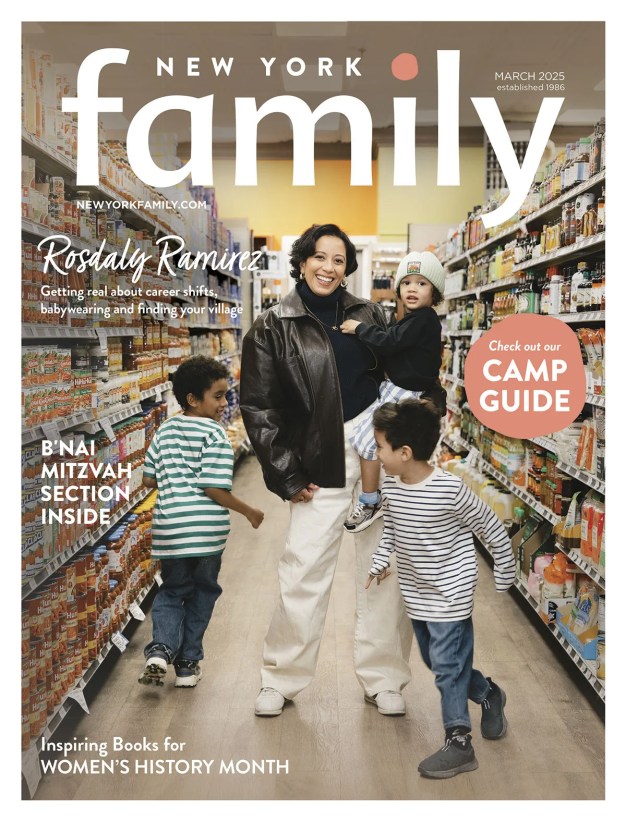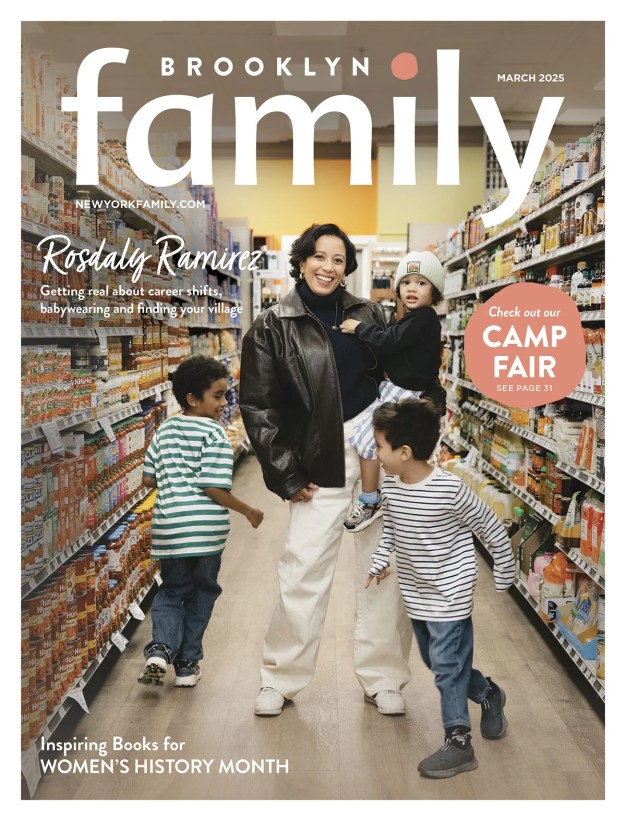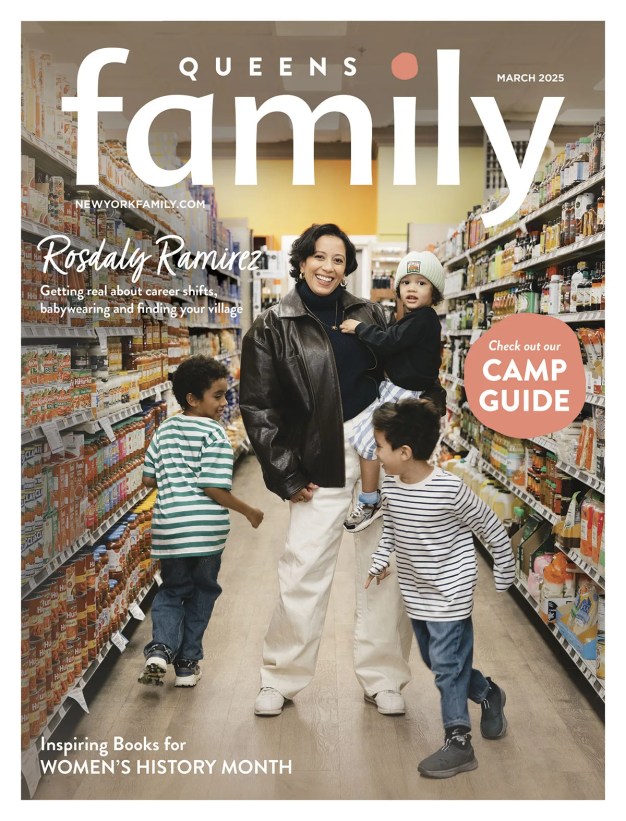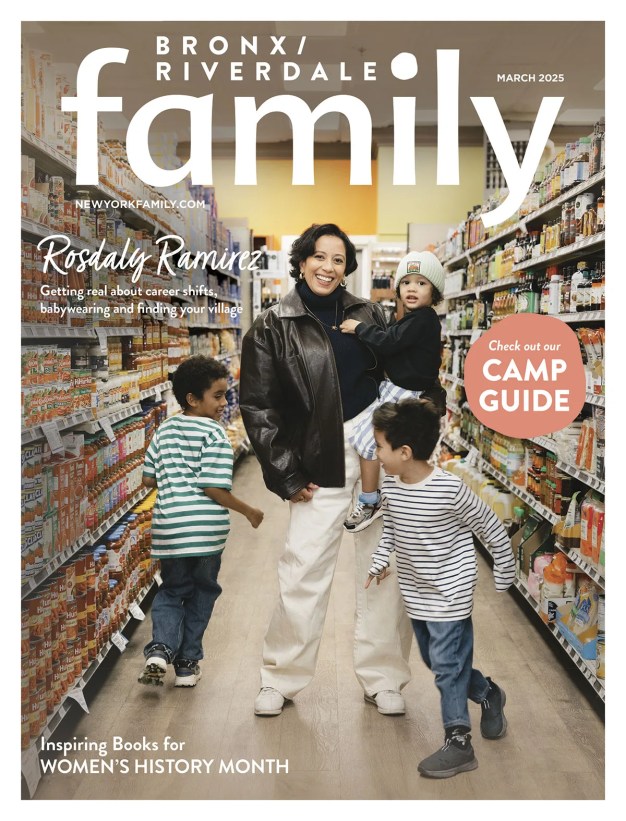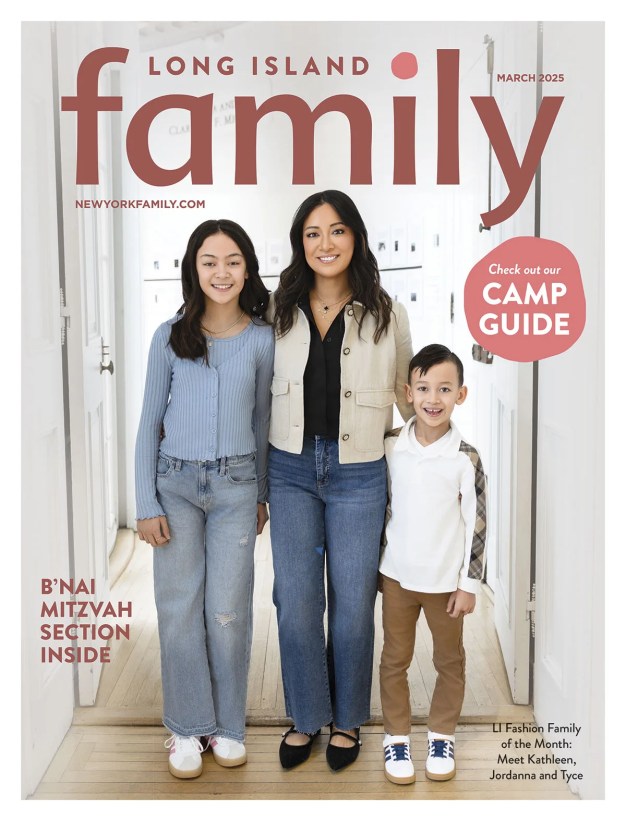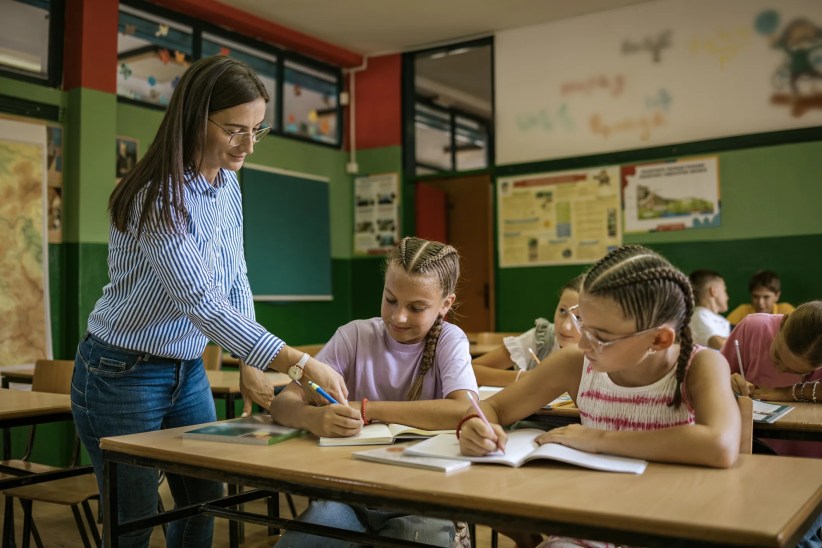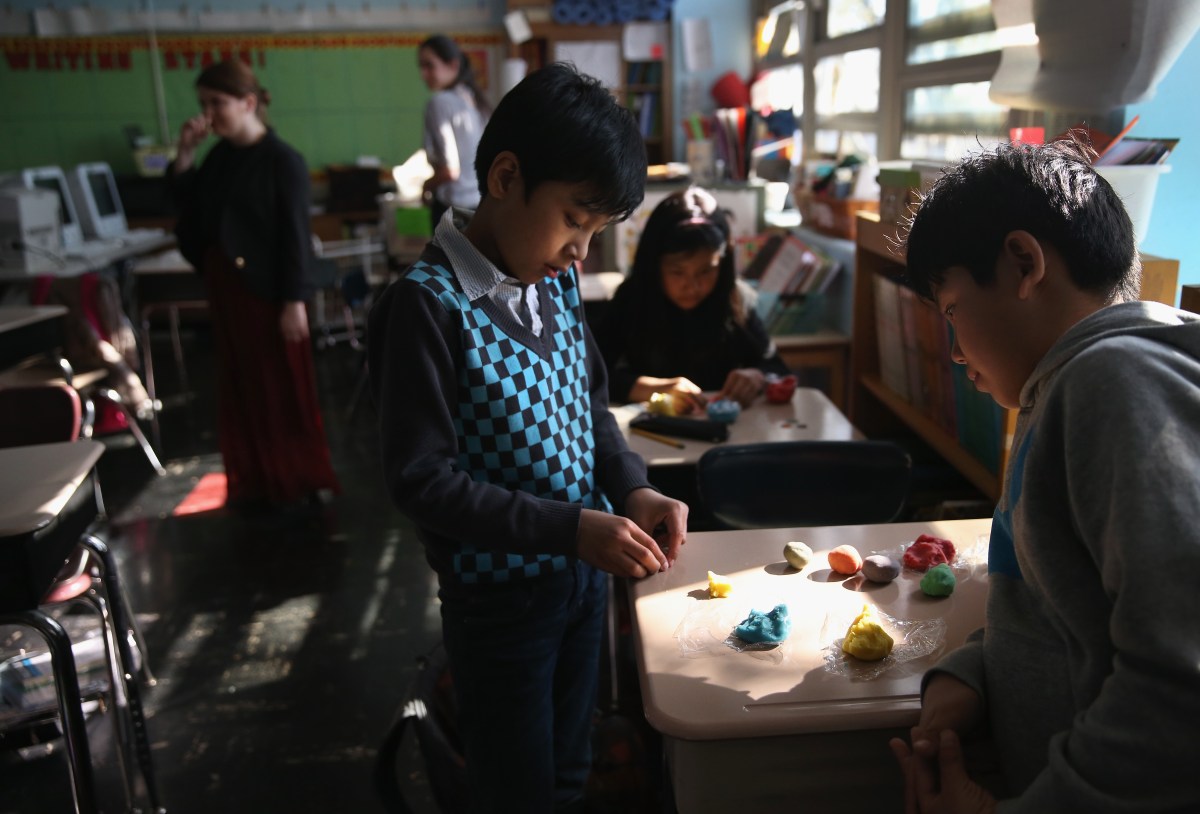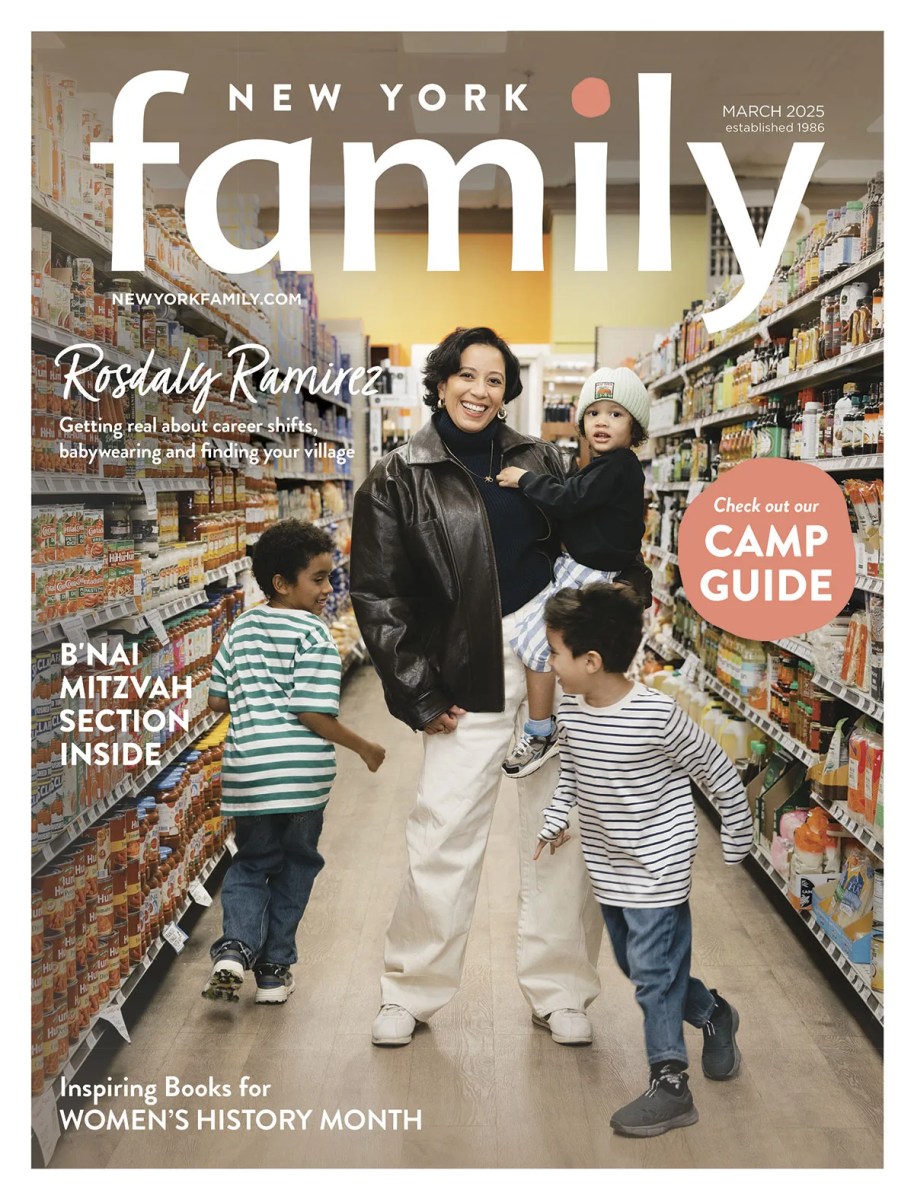 Summer is a times for outdoor games, poolside laughter, and fun in the sun. Yet, it is also a time when many kids lose valuable academic skills. In fact, research tells us that kids can lose up to three months of academic gains in reading and math over the summer. Help your child continue to build her academic skills and prevent the all too common “summer slide” with the ideas detailed below.
Summer is a times for outdoor games, poolside laughter, and fun in the sun. Yet, it is also a time when many kids lose valuable academic skills. In fact, research tells us that kids can lose up to three months of academic gains in reading and math over the summer. Help your child continue to build her academic skills and prevent the all too common “summer slide” with the ideas detailed below.
Read…a lot!
It’s easy to let regular reading time slip over the summer when days are long and activities often run late. Yet, it is important that kids continue reading on a consistent basis throughout the course of the summer. This isn’t just limited to novels–your child can read newspapers, comic books, trivia books, short stories, or the like. You may even try setting up “family reading hour” (or portion of an hour) where all members of your family gather together for a pre-set time period and read. Try to lead by example and show your child how much joy reading can bring. In doing so, he will likely follow your lead eventually come to enjoy the task.
Play (fun) learning games
Most kids enjoy playing games, so take advantage of down time this summer to play some education-based games that are still loads of fun. You can play Boggle, for instance, where you shake a tray filled with dice to form a grid of 16 letters. Players then have three minutes to create as many words as they can using the letters. You can also try playing Apples to Apples, where players build their language skills by matching red “object” cards to green “descriptive” cards and try to come up with the best pairs. To build your child’s vocabulary and reading skills, play Zingo!, where players match pictures and words, or you can play HiHo! Cherry-O with younger children to build foundational math skills, like number recognition, counting, and basic arithmetic.
Have fun in the kitchen!
To build your child’s math skills, try cooking a meal or baking a dessert with him. If you decide to make brownies, for instance, ask your child to measure the correct amount of oil and water in a measuring cup. You may try “doubling” the recipe and ask him how much more of each ingredient you would now need, and how many more brownies you can now expect with the doubled ingredients. Have him read the recipe and directions to practice his reading skills, or perhaps have him write a menu for a meal you cook your family, or a review on each dish you created. The more fun and interactive you can make the process, the better!
[gravityform id=”13″ title=”false” description=”false” ajax=”true”]
Practice writing at the beach
For younger children, you can work on basic skills development, like letter and number writing, using sand at the beach, dirt at the park, or even flour in your kitchen. For instance, if you are practicing the letter p, have your child say the words “down, up, and around” out loud as she traces the letter in the sand, or “around, up, and down” as she writes the letter a. You might try spraying some shaving cream on a cookie tray and have her trace different letters and numbers using her finger for added tactile reinforcement. For basic math skills, have her count out a quantity of jelly beans or buttons, then ask her questions like, “If my friend gives me 2 jelly beans and another friend gives me 2 more jelly beans, how many jelly beans would I have all together?” or “If I had 5 jelly beans but I ate 2 of them, how many would I have left?” These types exercises will help your child learn to solve basic addition and subtraction problems.
Electronic learning
Most kids love playing games on an iPad, so why not try integrating some learning-based apps? Try some of the following ones:
Starfall Learn to Read
Ages 4 and up
This is a great app for reinforcing basic reading skills. It includes 15 short books for kids to read that each emphasize a different sound pattern and contain animated videos, songs, and engaging characters. Each book also includes activities related to the story, including matching and fill-in-the-blank exercises.
Hungry Fish
Ages 4-8
This app is a helpful tool for building addition, subtraction, and mental math skills. To play, kids drag and combine numbers in bubbles, then “feed” them to a floating fish. When the fish is fed correct answers, it expands, and it shrinks when it does not receive correct answers. As players complete each level, they move on to more challenging ones, always receiving immediate feedback along the way.
Sentence Builder
Ages 6 and up
Your child can develop important grammar, sentence structure, and overall writing skills with this fun and engaging app. To play, students use slot machine-style wheels to select words, then create sentences describing various pictures. The app begins with basic sentences and later moves onto more complex ones. The images are bright and colorful, and students build critical sentence formation and writing skills.
Summer is a time when many kids lose key academic skills. Try these activities to help your child prevent “summer slide” and jump-start the new school year on a positive note.
Dr. Emily Levy is the founder of EBL Coaching, a local tutoring program that specializes in one-on-one home and on-site instruction for students in grades pre-K-12. She is also the author of the workbook series Strategies for Study Success and Flags and Stars. To learn more about Emily Levy and EBL Coaching, visit eblcoaching.com!
